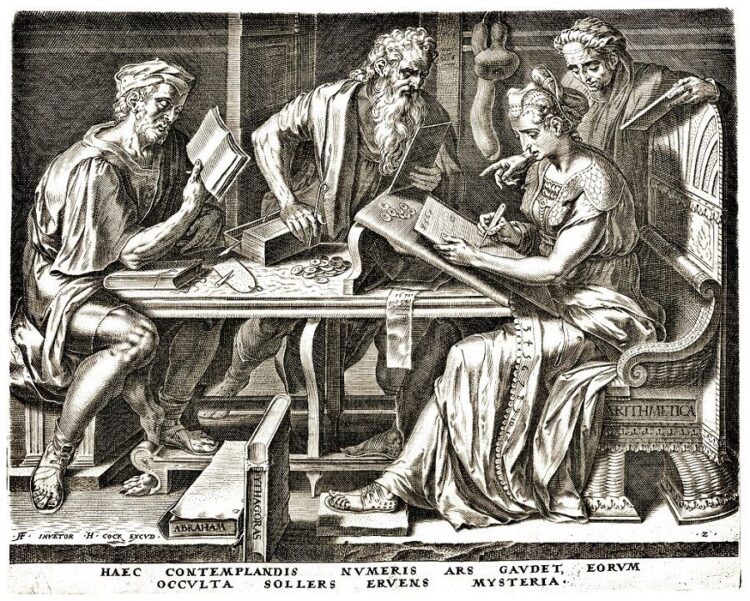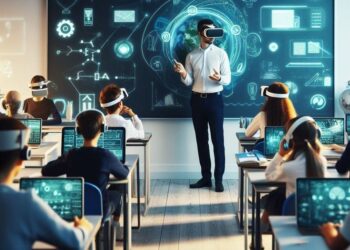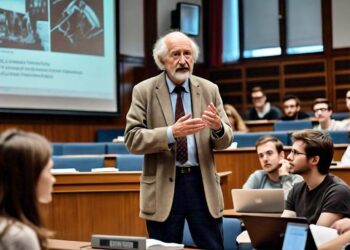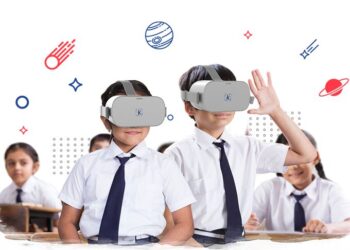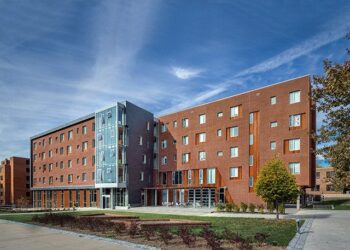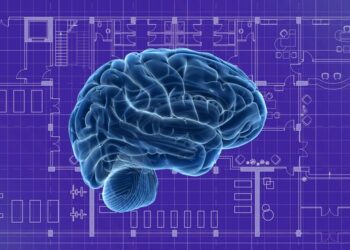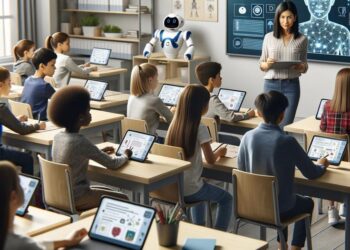In an era dominated by specialized skills and a relentless push towards STEM (Science, Technology, Engineering, and Mathematics), a liberal arts education is often questioned. Critics argue that it’s a relic of the past, a costly pursuit that leaves graduates unprepared for the demands of the modern workforce. However, this perspective overlooks the profound and lasting benefits of a broad-based, interdisciplinary education. A liberal arts degree isn’t just about studying philosophy or literature; it’s about cultivating a set of timeless skills that are becoming increasingly vital in a rapidly changing world. It’s an investment in intellectual flexibility, critical thinking, and the ability to adapt to new challenges, all of which are highly valued by today’s employers. This article delves into the core tenets of a liberal arts education, its numerous advantages in a professional context, and why its relevance is growing, not diminishing.
The foundation of a liberal arts education is rooted in a tradition that dates back to ancient Greece. The term “liberal arts” originates from the Latin artes liberales, meaning the arts befitting a free person. This curriculum was designed to prepare citizens for a life of active participation in society, encompassing a wide range of subjects from rhetoric and logic to mathematics and astronomy. While the subjects have evolved, the fundamental goal remains the same: to create well-rounded individuals with a holistic understanding of the world. Today, this education typically includes a mix of humanities, social sciences, natural sciences, and fine arts, encouraging students to explore diverse fields of knowledge.
A. Core Competencies: The Unseen Advantages
A liberal arts education is not about memorizing facts; it’s about developing the capacity for lifelong learning. It equips students with a versatile toolkit of skills that are transferable across different industries and careers. These competencies are the true value proposition of the degree.
A. Critical Thinking and Problem-Solving: Liberal arts curricula are built on inquiry and analysis. Students are constantly challenged to question assumptions, evaluate arguments, and synthesize complex information from various sources. This process hones their ability to think critically and solve intricate, real-world problems. In a business context, this means graduates can identify underlying issues, not just the symptoms, and devise creative solutions that are not limited by a single disciplinary perspective. They learn to connect disparate ideas and see the bigger picture, a skill that is indispensable in any leadership role.
B. Effective Communication: A cornerstone of a liberal arts education is the emphasis on writing and public speaking. Students are required to write compelling essays, engage in structured debates, and present their ideas clearly and persuasively. This rigorous training in communication—both written and verbal—is highly sought after by employers. In a world saturated with information, the ability to articulate complex thoughts in a clear and concise manner is a powerful differentiator. It’s what allows a person to build consensus, influence others, and lead effectively.
C. Adaptability and Intellectual Flexibility: The modern job market is in constant flux. Entire industries can be disrupted in a matter of years, and jobs that exist today might be obsolete tomorrow. A liberal arts education, with its interdisciplinary nature, teaches students how to learn new things quickly and to adapt to new environments. They are exposed to different ways of thinking and are comfortable navigating ambiguity. This adaptability is a key asset for employers who need nimble and resilient employees who can pivot in response to market changes.

D. Creativity and Innovation: By encouraging students to explore a variety of subjects, a liberal arts education fosters creativity. The connections between art and science, history and technology, or philosophy and business are not just abstract ideas; they are the source of innovative solutions. By studying different disciplines, students are more likely to see novel connections and generate original ideas. This cross-pollination of knowledge is the wellspring of innovation in any field.
E. Global and Cultural Awareness: A liberal arts curriculum often includes courses on history, sociology, and foreign languages, providing students with a broader understanding of different cultures and global issues. In today’s interconnected world, this awareness is no longer a luxury but a necessity. Companies that operate globally need employees who can navigate cultural differences, understand diverse perspectives, and work effectively in multinational teams. A liberal arts graduate is better equipped to do this.
B. The Career Myth: From Classroom to C-Suite
The notion that a liberal arts degree leads to unemployment is a persistent but outdated myth. While a graduate might not have a direct career path tied to their major, their skills make them highly marketable across a wide range of industries.
A. Technology and Entrepreneurship: Silicon Valley, a place often associated with engineering degrees, is surprisingly full of liberal arts graduates. Many tech leaders and successful entrepreneurs have degrees in history, philosophy, or English. The reason is simple: a technology firm needs more than just coders. They need people who can communicate effectively, understand human behavior, and think critically about the societal impact of their products. A liberal arts education provides the big-picture perspective necessary to build a successful and sustainable business.
B. Business and Management: A liberal arts degree is an excellent foundation for a career in business. The emphasis on communication, critical thinking, and problem-solving prepares graduates for roles in marketing, human resources, consulting, and management. They possess the soft skills—empathy, leadership, and collaboration—that are essential for navigating the complexities of the corporate world. Many top business schools even prefer applicants with a liberal arts background, recognizing their unique strengths.
C. Law and Medicine: The value of a liberal arts education is particularly evident in fields like law and medicine. Pre-law students often major in subjects like history, political science, or philosophy, as these fields hone the analytical and argumentative skills required for legal practice. Similarly, medical schools increasingly value applicants with diverse academic backgrounds, as doctors need to be more than just scientists. They need to be empathetic communicators who can understand the human condition, a skill fostered by the humanities.
C. The Broader Societal Impact
The value of a liberal arts education extends far beyond an individual’s career path. It is crucial for the health and vitality of a democratic society.
A. Civic Engagement and Responsible Citizenship: A liberal arts education encourages a deep understanding of history, government, and ethics. It teaches students to be informed and engaged citizens, to question authority, and to participate meaningfully in civic life. In an age of misinformation and polarization, the ability to think critically and engage in reasoned discourse is more important than ever. It is the foundation of a healthy and functioning democracy.
B. Personal Growth and Fulfillment: Beyond professional success, a liberal arts education is about intellectual and personal growth. It exposes individuals to new ideas, challenges their beliefs, and helps them develop a richer and more meaningful life. It encourages a love of learning for its own sake, a curiosity that doesn’t end with graduation. This intellectual curiosity is a source of lifelong joy and personal fulfillment.
C. The Integration of Humanities and STEM: The false dichotomy between the liberal arts and STEM is a barrier to progress. The most innovative solutions to global problems—from climate change to public health crises—require a blend of scientific knowledge and humanistic understanding. We need scientists who can communicate their findings effectively, and humanists who understand the technological forces shaping our world. A liberal arts education, by its very nature, bridges this gap, creating a new generation of leaders who can navigate the complexities of the 21st century.
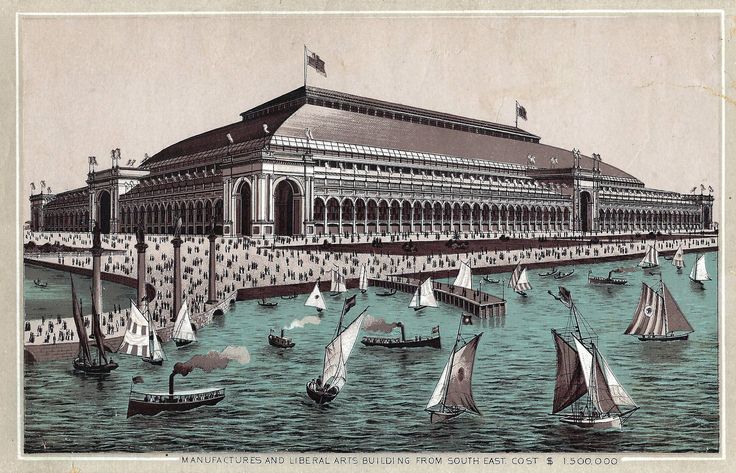
D. The Future of Liberal Arts
Far from becoming obsolete, a liberal arts education is poised for a resurgence. As artificial intelligence and automation take over routine tasks, the uniquely human skills fostered by a broad-based education will become even more valuable.
A. AI-Proof Skills: While a robot can be programmed to perform a specific task, it cannot replicate human creativity, empathy, or critical thinking. These are the “AI-proof” skills that will define the workforce of the future. A liberal arts education is specifically designed to cultivate these very competencies.
B. Personalized and Flexible Learning: The future of education will likely involve more personalized and flexible learning models, and the liberal arts framework is well-suited for this. Students can design their own interdisciplinary majors, combining subjects to create a curriculum that aligns with their unique interests and career goals.
In conclusion, the value of a liberal arts education is not found in a specific job title but in the development of a versatile mind. It is a curriculum that prepares individuals not just for their first job but for a lifetime of learning and a career of constant change. By fostering critical thinking, communication, creativity, and adaptability, it equips graduates with the skills they need to thrive in a complex, unpredictable world. It is a timeless and enduring investment in human potential, and its relevance is greater now than ever before.

